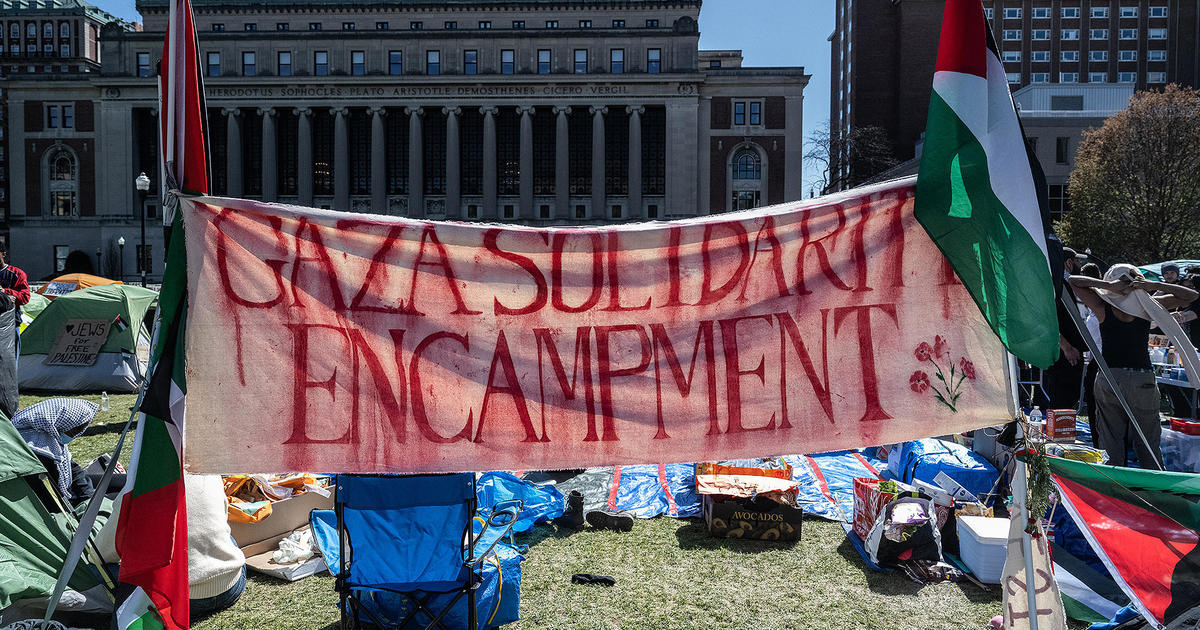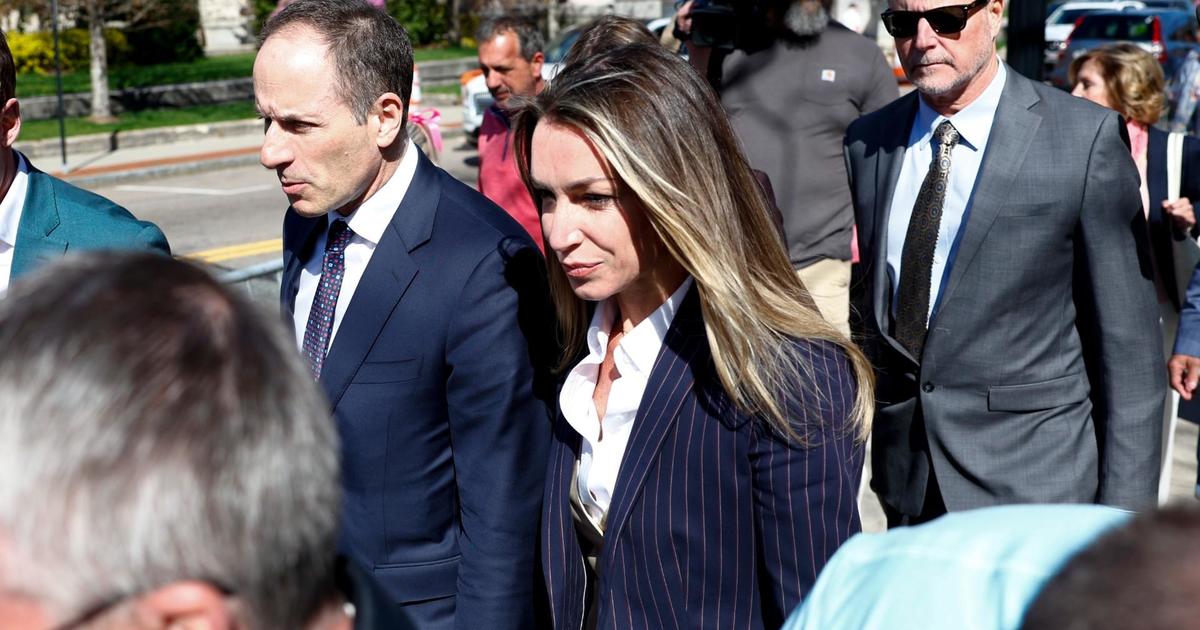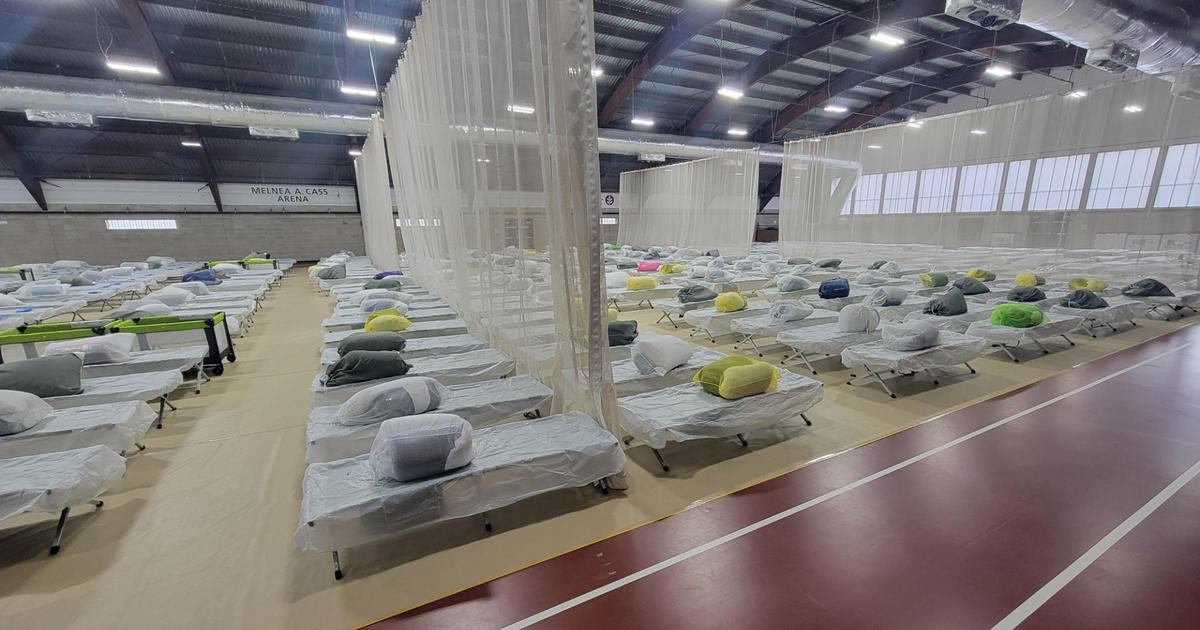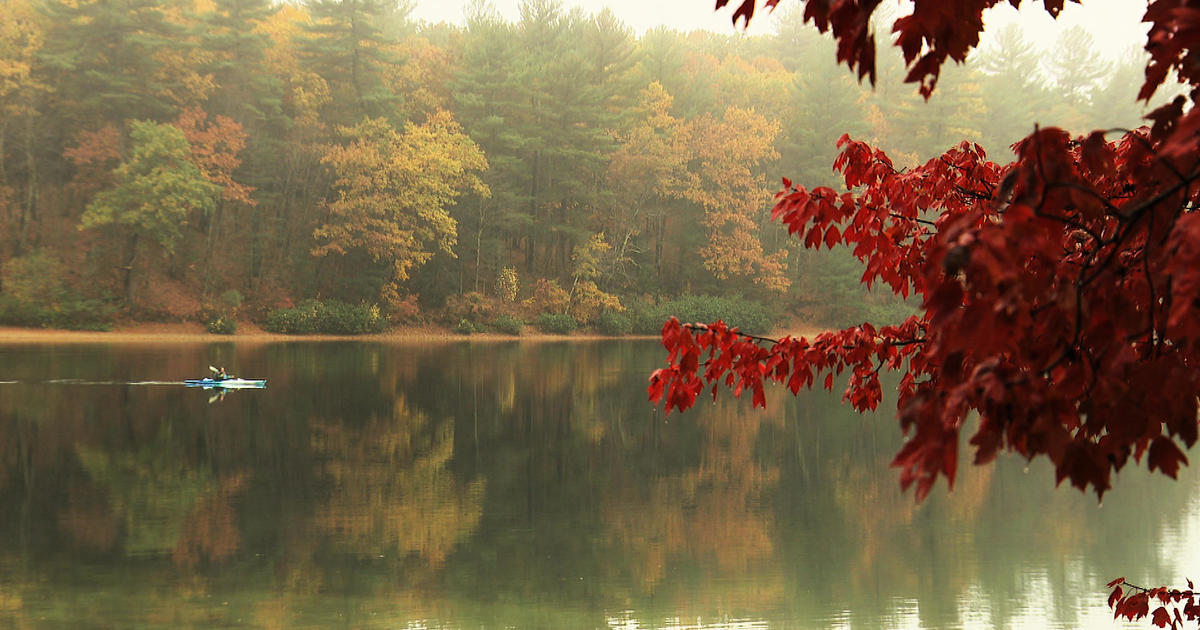Keller @ Large: Coronavirus Threat Could Impact November Presidential Election
BOSTON (CBS) - Those cute little "I voted" stickers you get when you do your civic duty are well-meaning, even if the notion of bragging about it seems a bit much in light of what many people overseas go through to cast a ballot.
But the COVID-19 pandemic is threatening to raise the stakes for those going to the polls, should it still be lingering come November.
According to a new Pew Center national poll, two-thirds of us "wouldn't feel comfortable going to a polling place to vote." That's better than the 77-percent who say they wouldn't eat out in a restaurant, but much worse than the 38-percent who are spooked by the idea of visiting a friend in their home.
This could become a major issue if the siege drags on. Already, there's partisan squabbling in Washington over potential expansion of voting by mail, a move Republicans decry as a self-serving Democratic plot, but one which might actually help Republicans more.
Here at home, the outbreak is scrambling the local political process, forcing postponement of special legislative elections, cancellation of the state Democratic Convention, and pressure on the legislature to lower the signature requirements for candidate ballot access and allow election-day registration.
And all that could be just an unappetizing appetizer for the biggest question of all – if the virus becomes a major obstacle to in-person voting and the processing of those votes, should the primary and general elections be held at all?
It's all speculative for now. But let's say President Trump's poll numbers are in the tank as November 3 nears. Would it surprise anyone if Trumpworld began agitating for a postponement? After all, the president has "joked with increasing frequency" about remaining in office for "six years – or maybe 10 or maybe 14."
Any delay would be "enormous[ly] difficult," reports the New York Times. It would require Congress to approve a change in federal law, and would be immediately challenged in court. But if you haven't figured out that the unthinkable is now thinkable, you haven't been paying attention to the Trump era.
Perhaps a more tangible impact would be on the US Senate Democratic primary race between incumbent Ed Markey and challenger Joe Kennedy.
That September 1 (pre-Labor Day) event was already likely to struggle for turnout. If the virus complicates it even further, it might heighten a key advantage Kennedy enjoys – the hottest congressional primary in the state is for the Fourth District seat being vacated by the challenger. With a host of candidates pulling out voters there, Kennedy's homecourt edge could be amplified.
Amid the perennial and justified handwringing over poor voter turnout, it's easy to forget just how seriously those who do vote take the privilege.
The finest moment of Jane Swift's brief turn as governor came on September 11, 2001, when she overruled Secretary of State Bill Galvin's call to cancel the special primary election for the congressional seat left vacant by Joe Moakley's death.
The TV station I was working for at the time sent me to a South Boston polling place to talk with voters. There was a steady flow of them, some in a state of high anxiety, like the woman with her kids and a ton of supplies packed into an SUV who swung by to vote before escaping to a family summer cottage in Maine.
And I'll never forget the 90-year-old Russian émigré who cast her vote as an act of defiance of the terrorists. "They aren't going to take my right to vote away from me," she said in broken English. "That's what I fled from."



